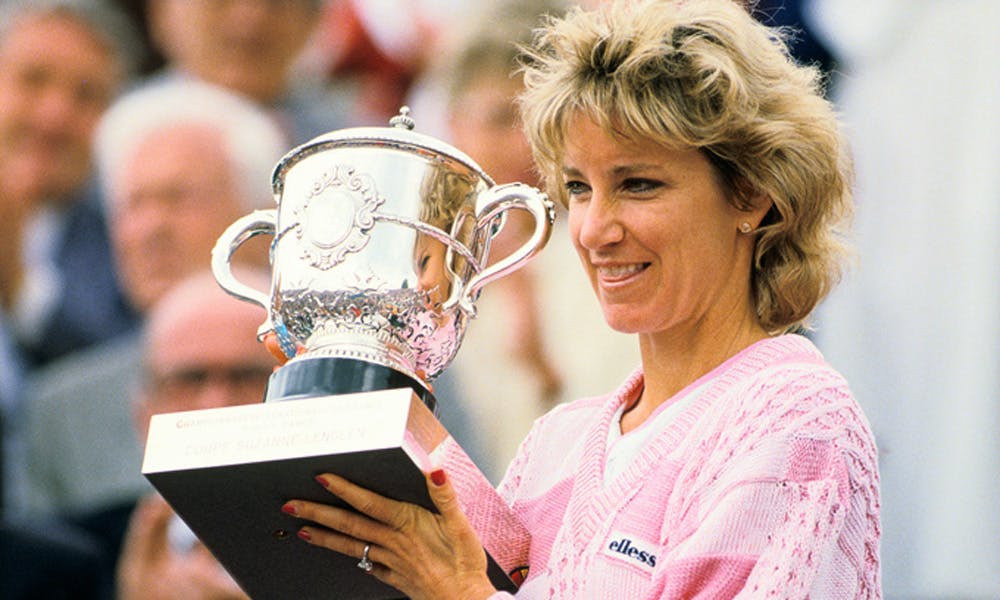The now 66-year-old American looks back on all her achievements with pride, from her seven Roland-Garros titles, to her consistency and above all, the fact that she was able to stay at the top for so long. She reached the semi-finals of the US Open on her Grand Slam debut, and also reached the last four at Wimbledon in her final year in 1989.
And she is happy that she was able to retire on her own terms, still at the top.
“What I'm (most) proud of is I started out on the tour No.4 in the world and I was like 16, 17 and I never went out of the top four in all my 18 years,” she said. “And I ended up as No.4 in the world.
“So it was like, OK, I can deal with getting to the semis and maybe, gosh, that'd be great if I got to the finals but getting to the semis of these Grand Slams and stuff... I didn't really want to start losing first and second round. So I retired at the time that was good for me.”
 ROLAND-GARROS
18 May - 7 June 2026
ROLAND-GARROS
18 May - 7 June 2026


